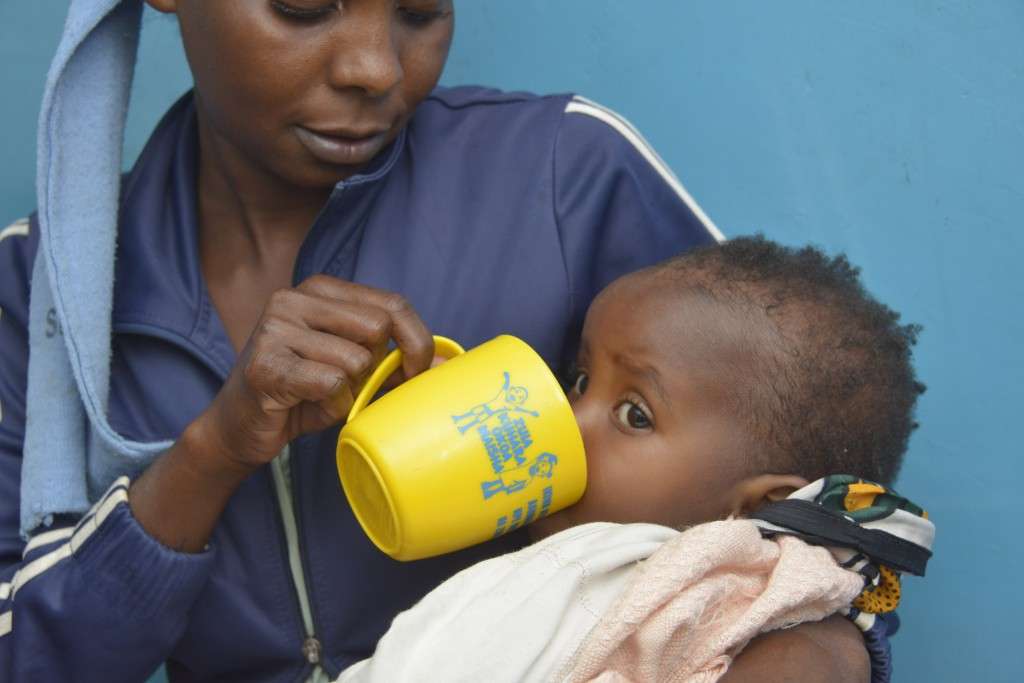The Clinton Health Access Initiative (CHAI), a long-time SurveyCTO user, works with governments and NGOs to identify and tackle many of the largest barriers to effective treatment and care for diarrhea, AIDS, malaria, tuberculosis, and other treatable diseases.
We reached out to Shreya Agrawal, Program Manager for Country Support in the Essential Medicines Program, to learn more about her work and how her team is using SurveyCTO in the field.
Could you tell us more about the Essential Medicines Program?
The Essential Medicines Program is responsible for leading program strategy and execution in Ethiopia, India, Kenya, Nigeria, and Uganda in collaboration with partner organizations. We have a particular focus on increasing access and use of zinc and oral rehydration solutions (ORS) to treat diarrhea and use of amoxicillin and supportive oxygen therapy to treat pneumonia.
Working with the governments of high-burden countries and leading global institutions, we support intensified efforts at both the global and country level to plan, resource, and implement effective interventions for scaling-up the adoption of these products.
How do you use SurveyCTO to support your work?
We use SurveyCTO in all five of our focus countries to conduct baseline, midline, and endline data collections as well as for routine program monitoring. The types of surveys we conduct include:
Household-level surveys that focus on diarrhea and pneumonia in children under five.
Healthcare provider surveys at both private and public facilities where we measure the knowledge of health care workers, note the availability of medicines, and record data from registers.
Standardized patient surveys at private facilities to better understand prescription practices.
We conduct similar surveys in all our countries to allow for comparability across the different programs. Since October 2014, we have conducted over 20 rounds of data collection using SurveyCTO.
What are some of the innovative ways you’re using SurveyCTO?
We use SurveyCTO for different rounds of evaluation as well as routine monitoring of data in our programmatic work, including retail audits and mentorship visits.
“We use SurveyCTO in all five of our focus countries to conduct baseline, midline, and endline data collections as well as for routine program monitoring.”
For example, we are using SurveyCTO in Uganda to collect information about the behavior, knowledge, and practices of health providers at retail drug shops. Health providers are trained by CHAI/district staff and then a mentor conducts follow-up supportive supervision visits. During the visit, the mentor, using SurveyCTO as a guide, reviews the most important information from the trainings, collects routine data about skills, understands availability of commodities, and records data from registers. This will be the first time we are using SurveyCTO to do both mentorship and data collection at the same time.
Is there anything else you’d like to add?
SurveyCTO is a great tool for data collection. At CHAI, we do the entire survey design, sampling, IRB approval, and coordination, and then use SurveyCTO to ensure that we are collecting high quality data.
Images courtesy of CHAI


